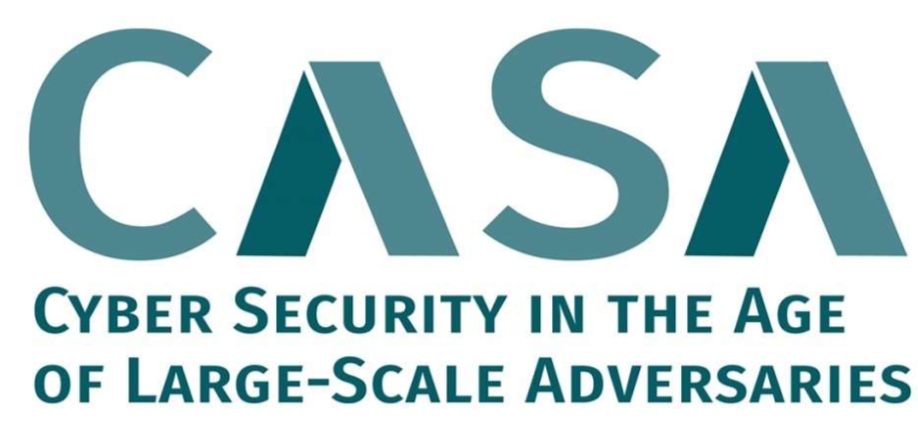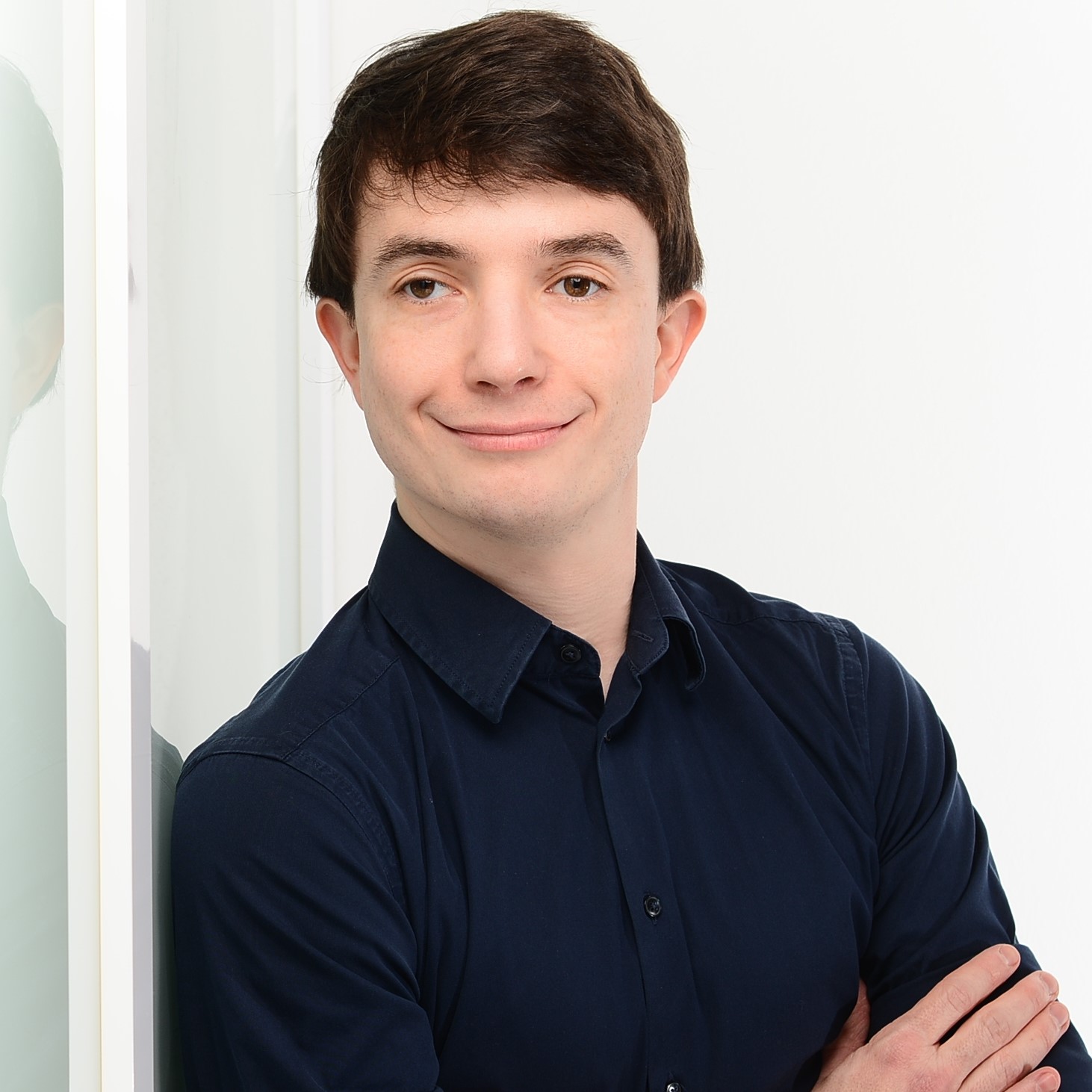Foto: AdobeStock_178115286
Armed for the major attack?
Technological developments such as cloud computing and the Internet of Things are shaping our society. We are surrounded by myriads of networked digital devices. Other developments such as autonomous vehicles, cryptocurrencies and smart medical implants will change life even more dramatically in the future – or already are. In this context, the digital society faces a major challenge: cybersecurity. In recent years, the nature of the threat has changed dramatically. Many of today’s cyberattacks come from powerful attackers. Government organizations are of particular concern because they operate over the long term and have significant technical capabilities and resources. The incidents that are becoming known almost on a weekly basis show: Against attacks on a large scale, many of the existing security solutions are virtually ineffective. The Cluster of Excellence Cybersecurity in the Age of Large-Scale Attackers (CASA), funded by the German Research Foundation (DFG), now aims to enable sustainable countermeasures. The L3S is also involved in this major project. First and foremost, it is about protection against powerful attackers. However, the measures also promise security against weaker adversaries, such as cybercriminals who act out of financial motives. CASA is based at the Horst Görtz Institute for IT Security at Ruhr University in Bochum, one of the leading international research centers in this field.
Human behavior also in view

In CASA, researchers from computer science, cryptography, electrical engineering, mathematics and psychology work together in a unique constellation. In four so-called research hubs, research revolves around fundamental, more theoretical questions about the cryptography of the future, platform security and solutions for complex secure systems. What makes the project internationally unique is its holistic interdisciplinary approach. CASA scientists not only address technical issues, but also investigate the interaction between human behavior and IT security. For the application areas of intelligent production, logistics and e-health, the researchers want to evaluate how user-friendly and practicable the results of the Cluster of Excellence are. This holistic approach to cybersecurity, which integrates cutting-edge research, interdisciplinarity and application, holds great potential for groundbreaking results that can not only fundamentally influence science but also improve the security of practical systems in the long term.
The L3S is represented by Prof. Dr. Sascha Fahl. The winner of the 2018 Heinz Mayer Leibnitz Prize moved from Ruhr-Universität Bochum to Leibniz Universität Hannover in February 2019. As scientific head of the User Experience Research Hub, Sascha Fahl is primarily concerned with the human challenges of IT security and privacy. In a first interdisciplinary CASA project, he is researching the challenges around the integration of usable security in software products during development together with Prof. Dr. Angela Sasse from Ruhr-Universität Bochum.
Featured Projects

Contact

Prof. Dr. Sascha Fahl
L3S member Sascha Fahl conducts research at Leibniz Universität Hannover and CISPA in the Human-Centered Cybersecurity competence area, which combines IT security topics with research methods from psychology and the social sciences to include the human factor in IT security solutions.


